Which of the following compound will be most easily attacked by an electrophile




The correct Answer is:C
To determine which compound will be most easily attacked by an electrophile, we need to analyze the structure and electronic characteristics of the given compounds. Here’s a step-by-step solution:
Step 1: Understand Electrophiles
Electrophiles are species that seek electrons. They can be positively charged or neutral but are always attracted to areas of high electron density.
Hint: Remember that electrophiles are electron-seeking species that can either be positively charged or neutral.
Step 2: Identify the Compounds
List the compounds provided in the question. For this example, let's assume the compounds are:
1. Ethanol (C2H5OH)
2. Phenol (C6H5OH)
3. Diethyl ether (C2H5OC2H5)
4. Benzene (C6H6)
Hint: Make sure to consider the functional groups present in each compound, as they influence reactivity.
Step 3: Analyze Electron Density
Evaluate the electron density around each compound:
- Ethanol has an -OH group that can donate electrons, but the overall molecule is not highly reactive towards electrophiles.
- Phenol has a -OH group attached to a benzene ring, which can donate electron density to the ring, making it more reactive towards electrophiles.
- Diethyl ether has an -O- group but is generally stable and less reactive towards electrophiles.
- Benzene is a stable aromatic compound, but it can undergo electrophilic substitution due to the delocalized electrons.
Hint: Look for functional groups that can stabilize positive charges or donate electron density, as these will be more reactive towards electrophiles.
Step 4: Determine the Most Reactive Compound
Among the compounds analyzed:
- Phenol stands out as it has a hydroxyl group that increases the electron density of the aromatic ring, making it more susceptible to electrophilic attack.
- Benzene is also reactive but less so compared to phenol due to the stabilization of its aromatic system.
Hint: Compare the reactivity of compounds based on their ability to stabilize positive charges and donate electrons.
Step 5: Conclusion
Based on the analysis, Phenol (C6H5OH) will be the most easily attacked by an electrophile due to the increased electron density provided by the -OH group on the aromatic ring.
Final Answer: Phenol is the compound that will be most easily attacked by an electrophile.
Electrophiles are species that seek electrons. They can be positively charged or neutral but are always attracted to areas of high electron density.
List the compounds provided in the question. For this example, let's assume the compounds are:
1. Ethanol (C2H5OH)
2. Phenol (C6H5OH)
3. Diethyl ether (C2H5OC2H5)
4. Benzene (C6H6)
Evaluate the electron density around each compound:
- Ethanol has an -OH group that can donate electrons, but the overall molecule is not highly reactive towards electrophiles.
- Phenol has a -OH group attached to a benzene ring, which can donate electron density to the ring, making it more reactive towards electrophiles.
- Diethyl ether has an -O- group but is generally stable and less reactive towards electrophiles.
- Benzene is a stable aromatic compound, but it can undergo electrophilic substitution due to the delocalized electrons.
Among the compounds analyzed:
- Phenol stands out as it has a hydroxyl group that increases the electron density of the aromatic ring, making it more susceptible to electrophilic attack.
- Benzene is also reactive but less so compared to phenol due to the stabilization of its aromatic system.
Based on the analysis, Phenol (C6H5OH) will be the most easily attacked by an electrophile due to the increased electron density provided by the -OH group on the aromatic ring.
Topper's Solved these Questions
- ALCOHOL, PHENOL AND ETHERBOOK - ERRORLESS CHAPTER - ALCOHOL, PHENOL AND ETHEREXERCISE - Ordinary thinking (Ojective questions) Uses of Alcohol, Phenol and Ethers
20 Videos
- ALCOHOL, PHENOL AND ETHERBOOK - ERRORLESS CHAPTER - ALCOHOL, PHENOL AND ETHEREXERCISE - Critical Thinking (Objective Questions)
17 Videos
- ALCOHOL, PHENOL AND ETHERBOOK - ERRORLESS CHAPTER - ALCOHOL, PHENOL AND ETHEREXERCISE - Ordinary thinking (Ojective questions) Preparation of Alcohol, Phenol and Ethers
46 Videos
- ALDEHYDES AND KETONES BOOK - ERRORLESS CHAPTER - ALDEHYDES AND KETONES EXERCISE - JEE Section (JEE (Advanced) 2018) Numeric answer type question
1 Videos
Similar Questions
Knowledge Check
Which of the following compounds will be most easily attacked by an electrophile ?
A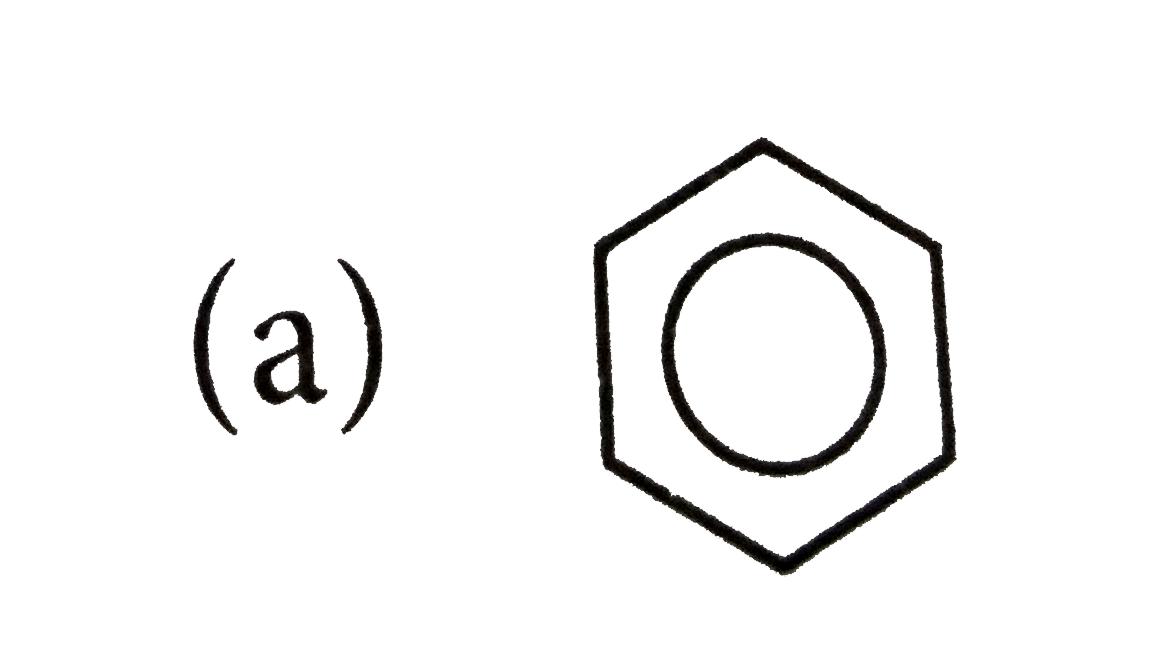 B
B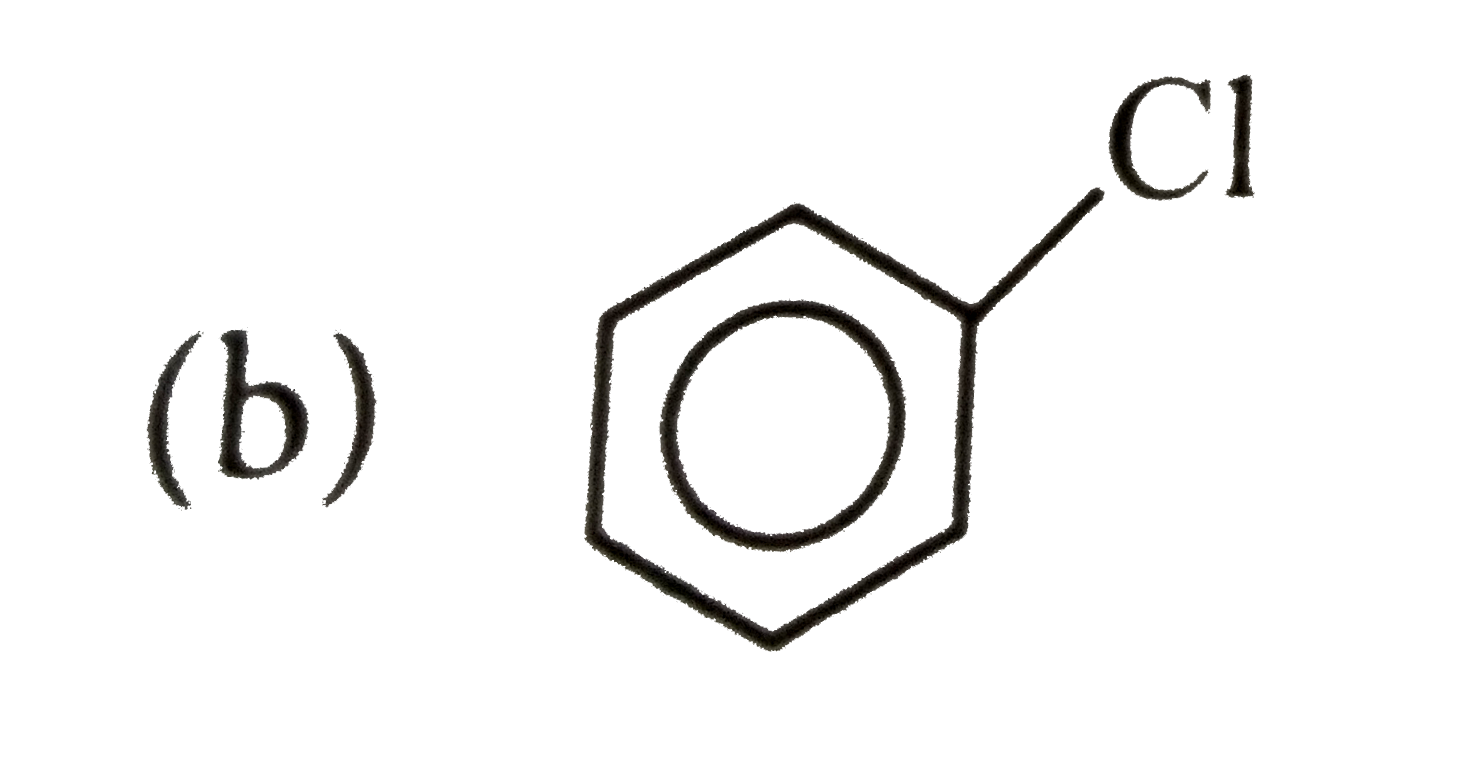 C
C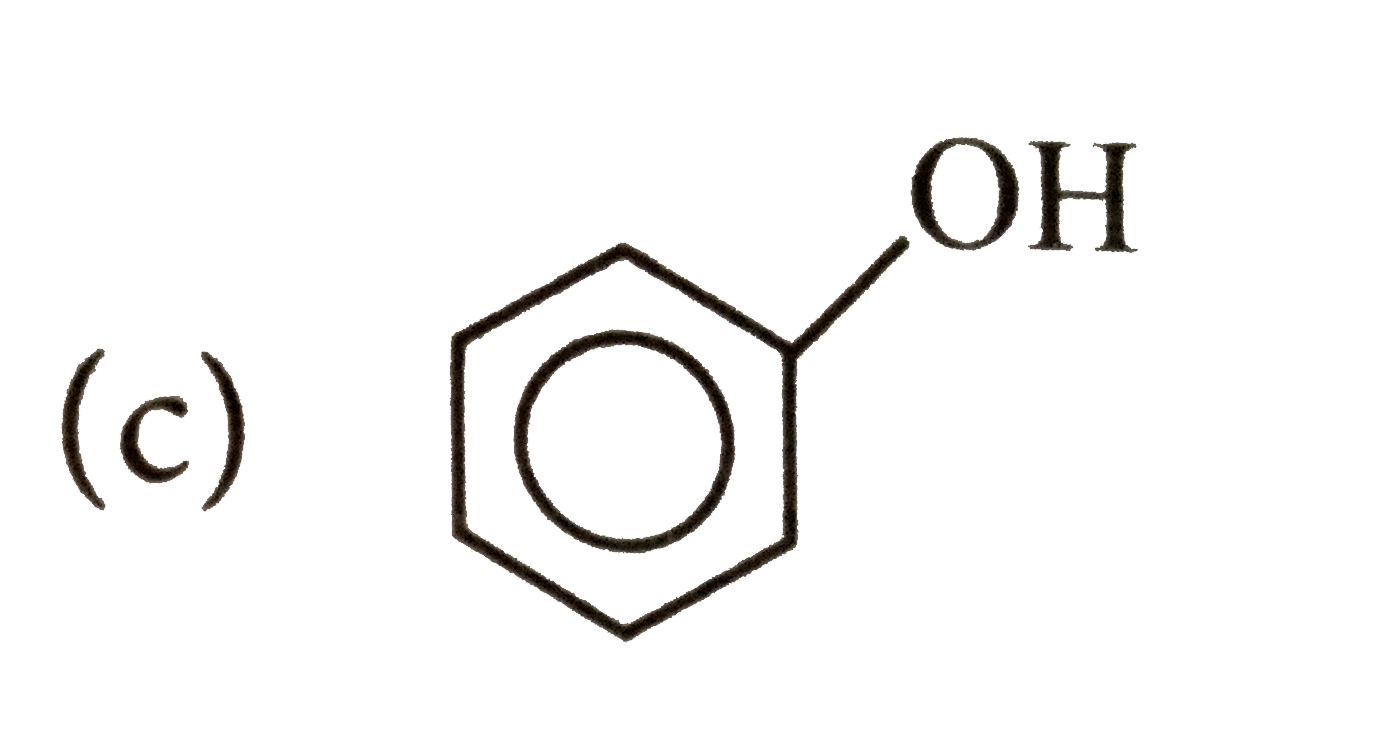 D
D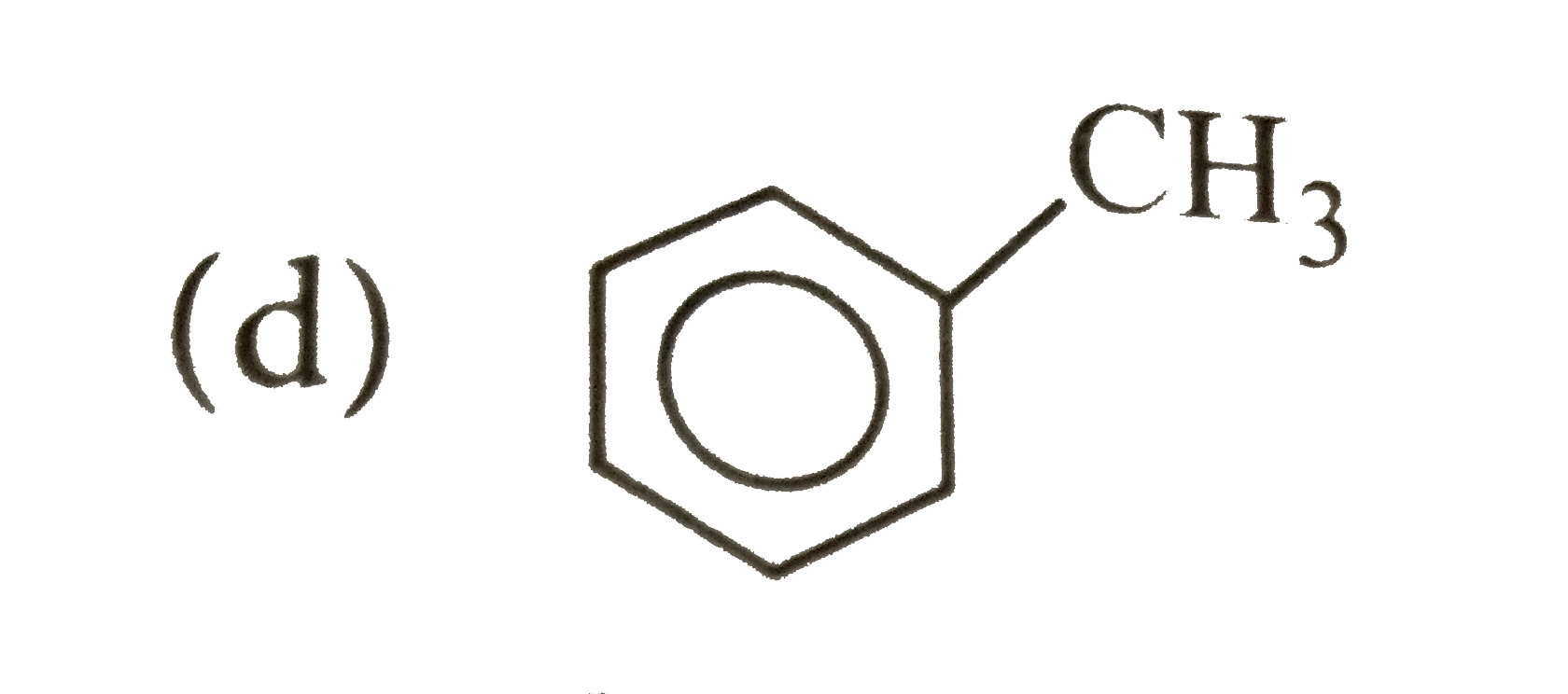
Which of the following compounds will be most easily attacked by an electrophile?
A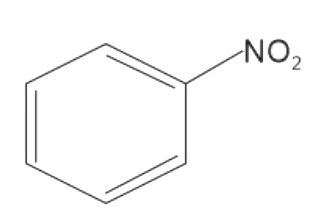 B
B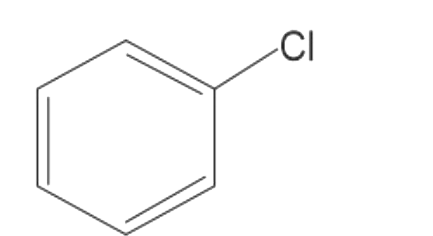 C
C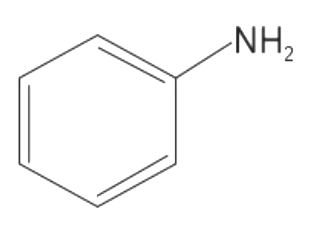 D
D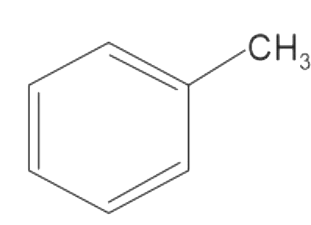
Which of the following compounds will be most easily attacked by an electrophile?
AChlorobenzeneBBenzeneCPhenolDToluene
Which one of the following compounds will be most readily attacked by an electrophile?
View SolutionWhich one of the following will be the most easiliy attacked by an electrophile?
View SolutionWhich of the following will be most easily attacked by an electrophilic ?
View SolutionWhich one of the following will be the most easiliy attacked by an electrophile?
View SolutionWhich of the following will be most easily attacked by an electrophile?
View Solution
